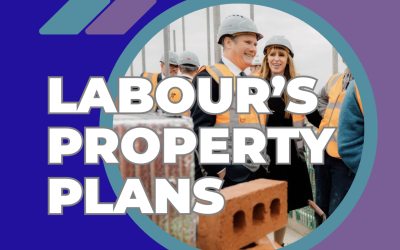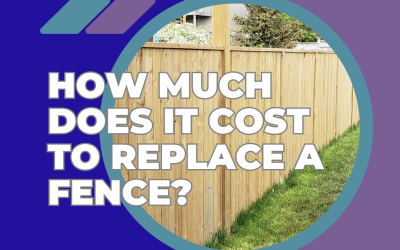One of the more common misunderstandings we see among those about to purchase a property is the confusion between a property survey and a valuation.
While on the surface both may seem similar, each involving an assessment of the property prior to purchase, they are wholly different exercises.
What Is a Property Valuation?
In the context of a property purchase, a property valuation is undertaken at the instruction of the lender.
The lender remains the client of the valuer, and the property purchaser may never see the valuer’s report or the advice provided to the lender.
The lender’s objective in commissioning a valuation is to assess whether the funds they are agreeing to provide by way of a mortgage are secure.
They also want to ensure that the purchaser is not overpaying for the property, which could result in a deficit if the borrower defaults on the mortgage and the property is repossessed and sold.
A lender’s valuation is brief at best. It does not involve a thorough inspection and will not comment on the property’s condition, defects, problems, or potential red flags.
In many cases, the valuation is conducted remotely, also known as a desktop valuation, or through a drive by, where the valuer may simply drive past the property to confirm it physically exists.
What Is a Property Survey?
A property survey, on the other hand, is a completely different matter. It is carried out entirely for the benefit of the property purchaser.
It involves a robust, in-person inspection by a qualified surveyor, who provides detailed advice on the condition of the property.
The surveyor’s report offers expert insight, identifying defects and providing crucial information on what they mean in terms of cost to remedy and timing for repairs.
Average survey durations range from two to four hours, covering both internal and external inspections.
However, for larger properties or those with significant issues, surveys can easily extend to six hours or more.
The longest survey we have undertaken spanned over two days, with a two-person team of surveyors investigating the issues.
What Kinds of Property Surveys Are Available?
There are three main types of property surveys:
Level 2 Survey (formerly RICS HomeBuyer Report):
This includes a detailed visual inspection. The surveyor looks for visible defects such as subsidence, damp, timber decay, and cracks.
We typically recommend Level 2 surveys for flats. You can read more about Level 2 Surveys on our dedicated page. We also have an example report for your perusal.
Level 3 Survey (formerly Full Building Survey or Structural Survey):
This is the most comprehensive survey available. Like the Level 2, it identifies issues, but it differs in the depth of analysis when defects are found.
We typically recommend Level 3 surveys for houses. You can read more about Level 3 Surveys on our dedicated page. We also have an example report for your perusal.
What Do Property Surveys Cost?
Firms across the market approach property surveys differently. Some use assistants or junior surveyors to carry out the inspection, who then review the findings with a qualified surveyor afterward.
Others use tablets and surveying software to generate reports on site.
We take a different approach. Our qualified surveyors carry out the survey in full on site. They do not use automated apps and instead record findings using a Dictaphone, capturing custom property and defect information.
This is not the most time or cost efficient method, as it increases the time spent on site and incurs additional costs (approximately £70 to £100 per report for transcription).
However, we believe this method results in the most robust and comprehensive reports possible.
Be cautious of firms offering bargain price surveys. To maintain low fees, they often limit time on site, resulting in a less detailed and potentially less reliable assessment.
We offer an instant quote feature, allowing you to obtain a fixed cost quotation, view available booking times, and schedule the inspection. You can also secure the quote and book directly with our surveyors.
Should You Get a Property Survey?
Yes. Our view is that a property survey is one of the most crucial steps in the lead up to purchasing a home.
That is why we treat it with the seriousness and attention it deserves.
Having detailed information about the property before purchase ensures you can make a fully informed decision, understanding both the urgent repairs needed and the longer term financial planning required for future work.




